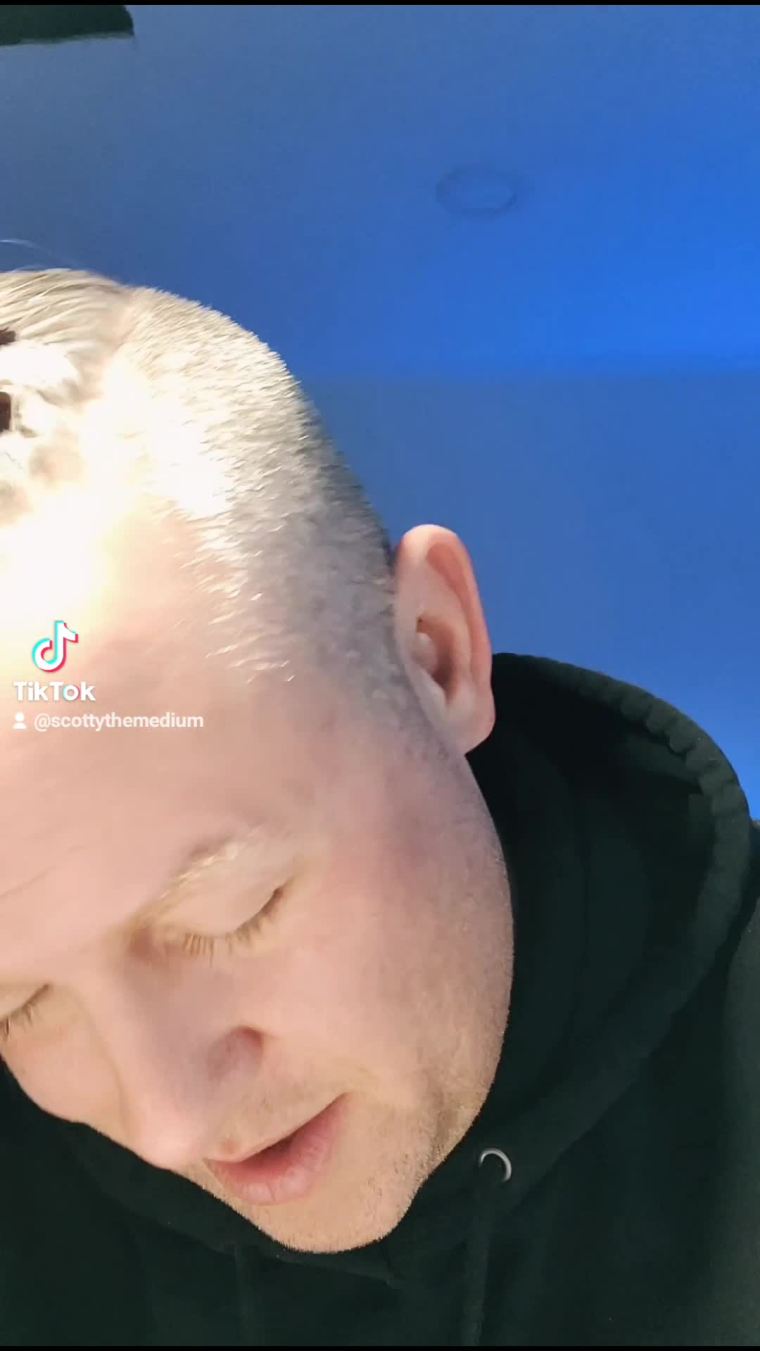Paranormal Experiences and Trauma.
What are your thoughts on the correlation between paranormal experiences and traumatic life events? Have you or anyone you know experienced both, and do you think there is a connection between the two?
Have you ever had a paranormal life experience? Maybe you’ve seen a ghost, heard unexplainable noises, or felt a presence in the room. Many people who have had these experiences often wonder if there’s a connection between them and traumatic life events. As it turns out, there may be a correlation between the two.
First, let’s define what we mean by “paranormal life experience.” This refers to any experience that goes beyond what we consider to be normal or explainable by science. It could be anything from seeing a ghost to experiencing telepathy or precognition.
Now, let’s talk about trauma. Traumatic life events are experiences that are overwhelming and can cause lasting psychological harm. This could include physical, sexual, or emotional abuse, neglect, natural disasters, or serious accidents.
So, what’s the connection between the two? Some researchers believe that people who have experienced trauma may be more open to paranormal experiences. One theory is that traumatic events can lead to a heightened sense of awareness and sensitivity to things that are beyond our normal perception. In other words, people who have experienced trauma may be more likely to pick up on paranormal phenomena.
Additionally, some people believe that paranormal experiences are a way for the mind to cope with trauma. For example, seeing a deceased loved one could provide comfort and a sense of connection during a difficult time. Alternatively, experiencing telepathy or other psychic phenomena could provide a sense of control in a situation where someone feels powerless.
It’s important to note that not everyone who has experienced trauma will have paranormal experiences, and not everyone who has had paranormal experiences has experienced trauma. However, there does seem to be a correlation between the two.
If you have had a paranormal experience and also experienced trauma, it’s important to know that you’re not alone. Many people who have gone through traumatic events report having paranormal experiences. It can be comforting to know that others have had similar experiences and to connect with them.
If you’re struggling with the aftermath of trauma, it’s important to seek help from a mental health professional. They can help you work through your experiences and provide support and coping strategies.
So it seems that there is a correlation between paranormal experiences and traumatic life events. While the exact nature of this connection is still not fully understood, it’s clear that many people who have experienced trauma also report having paranormal experiences. If you’re one of these people, know that you’re not alone and that there are resources available to help you cope.
paranormal, life experiences, trauma, psychological harm, mental health, coping strategies Description: This article explores the potential connection between paranormal life experiences and traumatic life events, discussing possible theories and similarities. The article also provides advice for those who have experienced both and encourages seeking help from mental health professionals.









